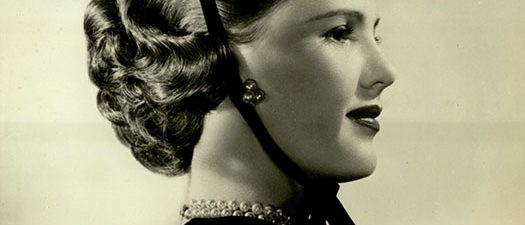by Anna Redhair, Graduate Assistant
In honor of Women’s History Month in March, Baylor University Libraries Special Collections and the Institute for Oral History launched a website for researching the various women’s collections and oral memoirs held across campus. The website includes materials from the Institute for Oral History; Armstrong Browning Library and Museum; Central Libraries Special Collections; Keston Center for Religion, Politics, and Society; The Texas Collection; and W. R. Poage Legislative Library.Continue Reading


